Definitive Guide: How To Sell Internationally On Amazon?
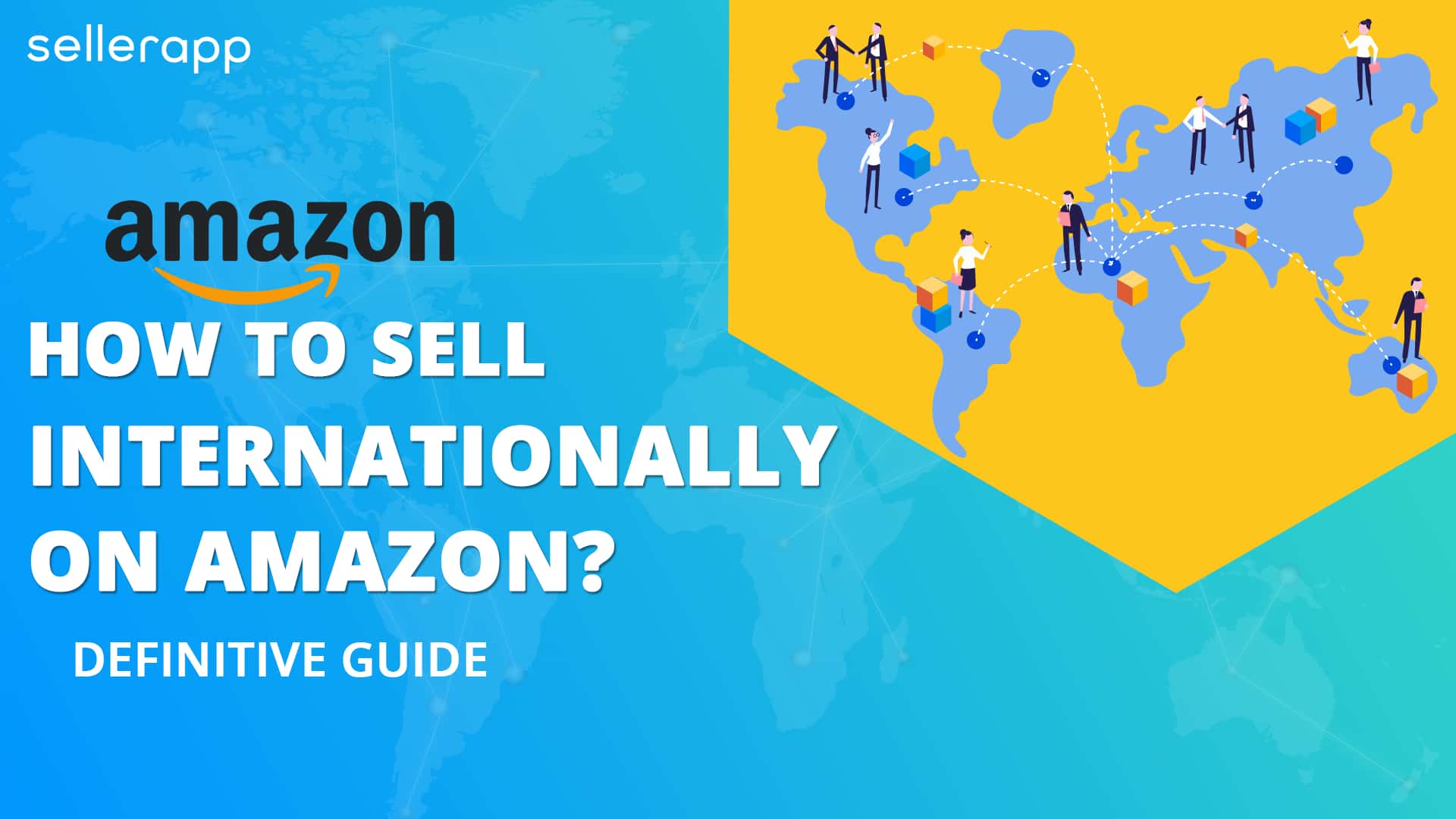
Wondering how to sell internationally on Amazon? You are at the right spot then.
When it comes to scaling your eCommerce or online business, very few sellers prefer expanding beyond their countries.
This is probably because selling in any foreign country can be intimidating. But what if we tell you that it is easy?
Not many sellers know that it is not as complex as it sounds. You no longer have to worry about those complicated tax laws while dealing with overseas shipping and logistics.
By selling only in your native country, you are limiting your sales to a great extent. With the help of Amazon Global & FBA, you can now easily expand your eCommerce business worldwide.
Amazon has taken efforts to help sellers in moving to the international markets, perhaps because a majority of Amazon sellers stick only to their home countries. There is frequently a belief that selling products offshore is difficult.
However, selling globally is not that complicated anymore. Let’s understand how can it be done on Amazon.
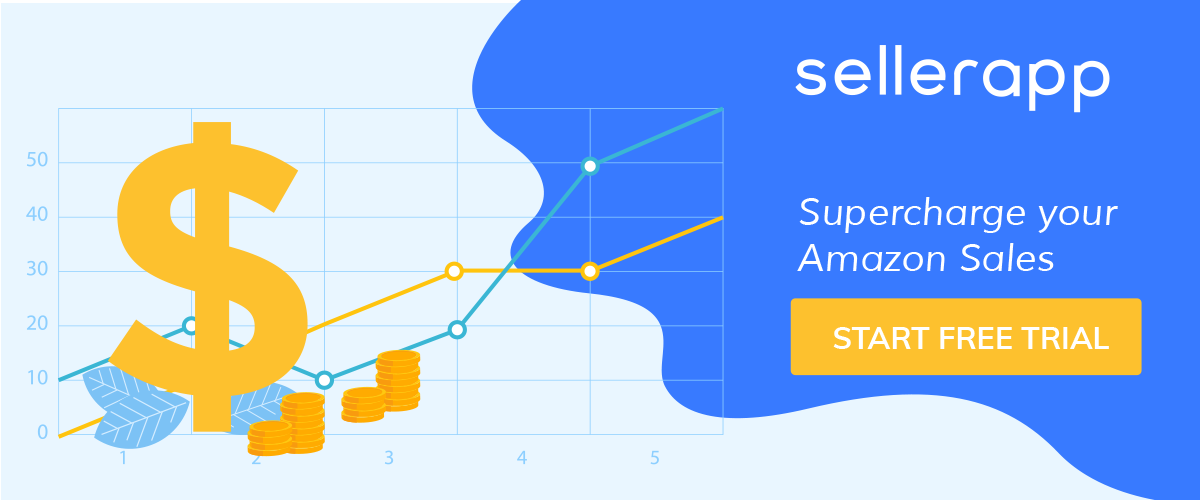
Quick Guide:
- What Is Amazon Global Selling (or AGS)?
- How Does Amazon Global Selling Work?
- Benefits Of Amazon Global Selling
- Understand the Basics
- What and Where To Sell?
- Checklist For Global Selling
- How To Sell Internationally On Amazon?
- Amazon Global Selling Fees
- Amazon Global Selling Customer Care
- Amazon FBA International Shipping Rates
What Is Amazon Global Selling?
Amazon Global Selling (or AGS) is a program, which allows sellers to list and sell the products on Amazon’s global marketplaces.
As of now, Amazon operates 13 online marketplaces (or websites) globally, enabling sellers to scale their business throughout the world, irrespective of where their businesses are physically established.
The list of Amazon marketplaces include:
Europe:
- Amazon.de – Germany
- Amazon.co.uk – United Kingdom
- Amazon.fr – France
- Amazon.es – Spain
- Amazon.it – Italy
Asia:
- Amazon.in – India
- Amazon.co.jp – Japan
- Amazon.cn – China
- Amazon.com.au – Australia
North America:
- Amazon.com.mx – Mexico
- Amazon.ca – Canada
- Amazon.com – United States
- Amazon.com.br – Brazil
Some online marketplaces are somewhat new – for example, the Australian market was established recently.
You need a seller account (individual) for every country – with an exception to Unified accounts for:
- Europe (UK, France, Germany, Spain, and Italy)
- North America (Canada, Mexico, and the U.S.)
After you sign up in any one of these online marketplaces, you will automatically get access to all the other countries that are included in your Unified Account.

How Does Amazon Global Selling Work?

AGS (Amazon Global Selling) is simple and straightforward. It includes these steps:
- Decide & Register: You have to make a decision first and then, register yourself in the online marketplace where you desire to sell.
- List The Items: After you register, you have to list the items that you want to sell.
- Buyers Make A Purchase: Customers then see your products and make a purchase. When this happens, you will get notifications as to where should you ship your products to.
- Delivery: You deliver your products to the customers and confirm the shipments or allow Amazon to fulfill your orders via Easy ship or FBA.
- Fund Transfer: Further, Amazon deducts its usual fees from the acquired funds from the customer and transfers it to your bank account.
Benefits Of Amazon Global Selling
Selling your products in an international marketplace can increase your customers massively.
The best thing is that Amazon makes the entire process stress-free by taking care of all your shipments’ customer service via FBA. Hence, this makes it easy for you to enter the market much faster without spending much money. It paves the way for your global sales.
Benefits:
- Wider customer base: Once you sign up, you can reach out to a wider range of customers.
- FBA advantage: Customer service and international shipping are no longer complicated, as Amazon has made it simpler with FBA.
- Reduced cost for branding: Since you are already established at the marketplace you are currently selling in, Amazon makes it easy for you while expanding globally. It reduces the cost for brand building.
- Increased sales during festivals: Be it Christmas, Cyber Monday, or Black Friday, you can boost your sales during the festive seasons celebrated throughout the world.
- Earn in Euros, dollars, rupees, and pounds: From currency conversions to fund deposits to your bank account, Amazon makes sure that you receive payments securely on time.
Related Post: Your 2021 Overseas Sourcing Guide by Noviland
Understand the Basics
Taxes and regulations
Value Added Tax (VAT) – Europe only
When you sell across the European Union, you generally are required to register for the consumer spending tax, or Value Added Tax (VAT). It’s important to understand the requirements for each of the marketplaces where you want to sell. The Amazon Service Provider Network can connect you with resources to help you manage VAT requirements.
Seller Identification Verification and Know Your Customer Europe only
After you register, Amazon conducts a Seller Identity Verification before you can begin selling. When you reach €15,000 in sales, Amazon conducts a second verification process called Know Your Customer, which is an EU regulatory requirement.
Japanese laws Japan only
All listings and products for sale in Japan must comply with local laws. Therefore, understanding local laws in Japan is important when selling on Amazon.co.jp. It is every seller’s responsibility to comply with all Japanese customs, laws, and regulations. Certain items are subject to customs duties. Please note that you are obligated to pay all taxes (including, but not limited to, consumption tax, customs, and duties), imposed on each order and shipment. Responsibility for paying these taxes cannot be transferred.
Local business address Japan only
You must establish and maintain a local business address in Japan for customer returns (required for MFN and FBA). According to the “Act on Specified Commercial Transaction” (Japanese law), you must also list your business information on the seller profile page.
Product eligibility and compliance
Product eligibility and compliance in Europe only
Certain product restrictions may apply when selling across Amazon’s EU marketplaces. Check the restricted product page to verify that your products are eligible. Certain products may also require legal approval to sell in the EU.
Product eligibility and compliance in Japan only
According to Japanese law, certain products cannot be sold on Amazon.co.jp. Check the restricted product page to verify whether your products are eligible to sell in Japan. Certain products may also require legal approval to sell in Japan.
Set up your account
Brand Registry
Brand Registry helps you protect your registered trademarks on Amazon and create an accurate and trusted experience for customers
Payment options
Amazon accepts payment in several currencies and pays you in your local currency. When you register to sell in a new marketplace, there are several ways you can set up your account. You can use a local bank account in the marketplace where you sell. You can also use the Amazon Currency Converter for Sellers (ACCS) to receive payment from your bank in your local currency. ACCS funds are deposited into your bank account every 14 days, and Amazon owns the bank transfer fee.

Listings and pricing
Create product listings
If your product is new in the Amazon catalog, you must create a product listing. To save time, you can also create product listings in bulk.
Amazon Points Japan only
Customers in Japan look for offers that incorporate the points-based loyalty system. You can grant Amazon Points to customers who purchase your items on Amazon.co.jp.
Fulfillment
Importer of record versus non-resident importer
Importer of Record (IOR)
An IOR is required to sell in Europe and Japan. The IOR is the entity responsible for payment of applicable import duties and taxes, as well as ensuring your imported goods comply with local laws and regulations. There must be an entity or a person in Europe and Japan that can be your IOR. Amazon and its fulfillment centers will not serve as the IOR for shipments of FBA inventory.
Non-Resident Importer
If you do not have an entity in Europe and Japan to act as the Importer of Record, you must appoint an Attorney for Customs Procedures (ACP) to pay duties and taxes on your behalf. An ACP does not satisfy all the responsibilities of an importer, they only pay duties and taxes. It is your responsibility to ensure that your products comply with the local laws and regulations.
Fulfilled by Amazon
With FBA, your products are stored in fulfillment centers, and Amazon picks, packs, ships, and provides customer service.
FBA offers three international fulfillment programs in Europe: Pan-European FBA, the European Fulfillment Network, and Multi-Country Inventory. You can select your fulfillment method when you create product listings.
FBA can help you scale your business And reach more customers in Japan. Please note that you are required to provide appropriate customer service in fluent Japanese.
Send FBA inventory to Amazon
Use the tools in your seller account to select products, set product quantities, prepare and label your products, prepare and review your shipment, track and update your shipments.
Seller fulfilled
When you fulfill your own Amazon orders, you provide the shipping solution for delivery to your customers, as well as customer service. You must also provide customer service in the official local language of the target marketplace.
What and Where To Sell?
Before you decide to extend your eCommerce sales to an international audience, it is vital to understand the consequences for your online business.
Recommended Guide: Best Items To Sell On Amazon
This section gives you an idea as to what is needed to make sure that there is an amazing customer experience even internationally and how to increase the possibilities of that the new marketplace will certainly pay off.
| Type | Description |
|---|---|
| Product | Do a research in the target marketplace and check what can sell well. |
| Price | Adjusting and setting your pricing. |
| Placement | Optimizing the distributing channels. |
| Promotion | Keeping your product listings attractive for the customers. |
Overview
As said above, Amazon operates 13 online marketplaces (or websites) internationally, helping you to grow your eCommerce business quickly in other countries. It allows you to introduce your brand as well as the items to millions of shoppers.
After you register and sell in any one of the marketplaces, you immediately get access to Amazon’s customers who trust and know its buying experience. Hence, expanding your business only means that you have multiple benefits without shouldering that upfront cost of building a business name.
Product Considerations
After you decide which Amazon Marketplace you want to sell, you will have to understand if your product is suitable for the targeting country or not.
Firstly, ensure that you adhere to the laws of every country. Moreover, product standards vary across countries. Say, for instance, MP3 players playing on 110–220 volts and using a two-prong electrical charger might not be applicable for a marketplace like Europe but can be suitable for Japan.
Likewise, feather beds that you sell successfully in the United Kingdom wouldn’t probably sell that well in the U.S. market. This is because the usual mattress size is different for each country.
Language Support Considerations
After you prepare yourself to enter into the new marketplace, an important consideration you will have is – if your eCommerce business can function in the local language.
Since it is a local marketplace you are going to sell at, it is important to be proficient so that you can give good customer support — an important requirement for selling in any of the Amazon marketplaces unless you go with Fulfillment by Amazon.
Moreover, proficiency in the local language (or the country you are targeting) helps in managing country-specific product research and making you understand the best ways to position your items.
You may need to alter your items or reposition your copy, packaging, or marketing to meet the new customer’s needs in a better way.
But this doesn’t mean that you cannot sell in the country you are trying to target for, just because you aren’t proficient in its local language.
Many sellers perform outstandingly in their sales despite not being proficient in its language. This is because Amazon gives the convenience of some tools and services to overcome the difficulties that language barriers usually have:
1. Seller Central Language Switcher
Be it Japanese, Italian, German, French, or Spanish, you do not have to master them all. With the help of Seller Central Language Switcher, managing your operations and sales in the respective Amazon marketplaces is easy. You can take care of everything in English. This enables you to boost your global business by giving you an easy interface to learn and use.
2. Amazon’s European Marketplace Account
Amazon provides a simplified way to manage your business across all the five marketplaces in Europe. It helps you to create as well as manage the product offers in France, the United Kingdom, Italy, Spain, and Germany. You, as a seller, have complete control over what and where to sell. Also, you can manage your online business from one seller account.
Once you sign up for selling in one of the Amazon European marketplaces, say, for instance, on Amazon.co.uk, then your seller account is enabled automatically to sell on all the other European marketplaces— Amazon.fr, Amazon.de, Amazon.es, and Amazon. it.
You can easily reach millions of global customers and allow Amazon to help you scale your online business. Every order that you get can be managed from a single place.
3. Build International Listings
The feature “Build International Listings” is one of the best ways to list as well as manage your product offers across different marketplaces. When you build a link between your native marketplace and other targeting marketplaces, this feature (Build International Listings) helps you to:
- Create listings instantly in your target marketplace(s) depending upon the items that you are selling at your home (or source) marketplace.
- Reflect the price changes automatically in your target marketplace each time you make a modification in the price at the source marketplace.
- Look after the fluctuations in the exchange rate and further, adjust the prices in the target marketplaces.
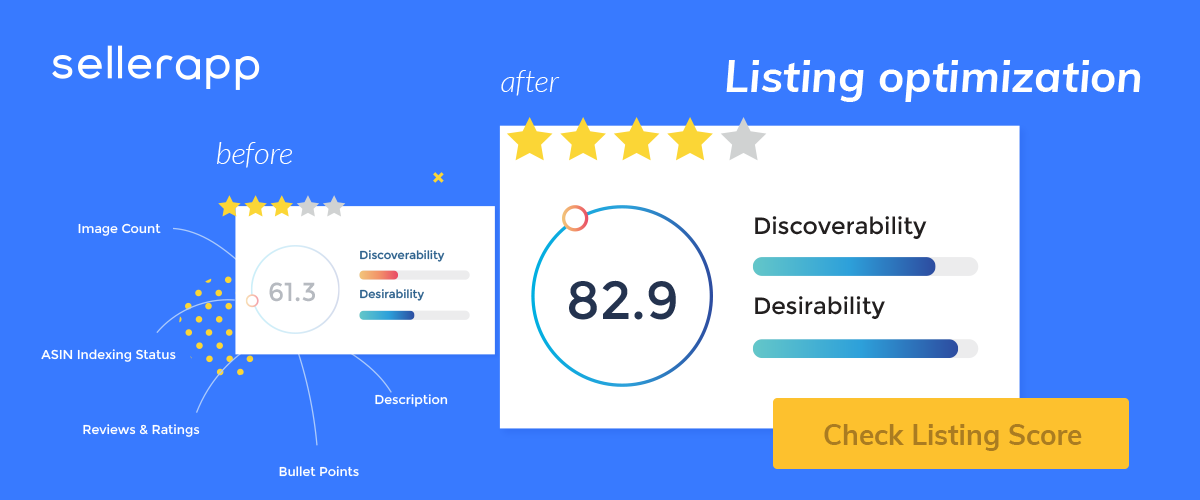
4. Using “Build International Listings”
Let’s assume that you are an Amazon seller at the European Marketplace. In such a case, you will be able to use the “Build International Listings” feature without any startup cost or additional registration cost.
You just have to enable the Build International Listings feature, and it enables every eligible product automatically that you have listed at the source marketplace.
In addition, you get to remove an association or link to the target marketplace at any time. However, whenever your items sell, you have to pay a fee for every order that is shipped outside your source (or home) marketplace via the EFN (European Fulfillment Network), besides the usual FBA fees.
Build International Listings
Sell your products and set automated pricing across marketplaces.
What gets connected?
Choose a marketplace (source) that contains the products you want to sell in other marketplaces (target).
- Select offers by defining rules, or choose specific SKUs. Build International Listings will create those offers in target marketplace, if the product detail page/ASIN exists.
- Source marketplace offers will be connected in target marketplaces when the same product exists in both.
- Building a product catalog in the international listings is similar to creating a listing at your home marketplace.
How are the offers (SKUs) priced?
- Target marketplace prices are calculated using:- Source marketplace prices.- Your price rules.- Currency exchange rates.
- Target-marketplace prices are updated to adjust for currency exchange-rate fluctuations- When source marketplace prices change.- Regularly for currency exchange rate changes
After setup
- Next steps will help you to complete setup of your products in target marketplaces.
- You can take action to fix issues where offers are inactive, or download and review a detailed Status Report at a SKU level
- You can exclude offers once they are connected to target marketplaces.
5. Local Language Customer Support
When you start selling at an Amazon Marketplace (apart from your home country), you have to give customer assistance in its local language.
For example, if you are selling on Amazon.es or Amazon.jp, you have to give customer support in Spanish or Japanese, respectively. Either you can do it or let Amazon do this for you, provided that you join FBA.
What and Where to Sell Internationally?
Deciding what and where to sell in a global marketplace can be perplexing at times. However, one way is to assess the target marketplace through the “4Ps” marketing strategy framework:
1. Product
While selling globally initially on Amazon, a natural methodology is to look for the bestselling items at your home (source) marketplace. Based on your experiences and sales data reports, check what can sell well.
Ask yourself these questions while doing the research:
- What makes you think that the products you have shortlisted will do well?
- Will the reasons that you have come up for the shortlisted products hold true for your target marketplace?
- Will the product help the customers in the targeting marketplace?
- How differences in the marketplaces could benefit you?
2. Price
When it comes to price and selling outside your home marketplace, the following factors are to be considered:
- Cost of shipping, especially when you are shipping to the international buyers directly.
- Cost for international return shipping, especially if you are the one fulfilling the orders.
- Cost of shipping involved in sending your stock to the foreign fulfillment centers using FBA.
- Cost involved for customer support in the local language or any other third-party customer service provider you are going to opt for.
- Currency conversion costs linked while getting your funds in home currency.
- Translation cost for listing your ASINs in any other language.
- The taxes & duties for the targeting marketplace.
3. Placement
Besides growing your business on an international level, you can consider scaling your global sales Off-Amazon. These Amazon services can help you to develop an international strategy:
- Product Ads: Amazon’s Product Ads is one of the best advertising services designed for providing the customers seamless access for various products available on the external websites. You have to just upload your product catalog and set the cost-per-click (CPC) bids as well as budget. Amazon displays your ads on Amazon.com customers while shopping for your products or other related products.
- Multi-channel Fulfillment: As a seller if you are using FBA to handle your customer orders, then you can also manage your online sales from other networks with the help of same feature. This is called Multi-Channel Fulfillment—an option within the FBA that fulfills the orders that arrive from other sales channels apart from Amazon.
4. Promotion
Like your home marketplace, Amazon also offers tools to help you advertise & run promotional campaigns for your products. However, these promotional tools differ from one Amazon Marketplace to the other and might include Money Off, Buy 1 Get 1, External Benefits, and Free Delivery.
Check the Promotions Help page for further details.
Checklist For Global Selling
Of course, selling internationally is one of the best ways to grow your online business. Deciding if you are ready for it or not can be quite challenging. However, this checklist helps you to research and prepare for a successful journey.
Ensure to acquaint yourself with the tools and features Amazon offers so that it becomes easier and simpler to manage.
What & Where To Sell
1. Know the basics: Learn how to sell globally on Amazon. Be aware of the fee structure and other language requirements.
2. Research: Explore the potential marketplaces, and look for opportunity size and the preferences of the local customers.
3. Pick appropriate marketplace: Check what items can sell the best in which marketplace and act accordingly
4. Understand taxes & regulations: Be acquainted with the tax and other regulations of the target marketplace.
5. Understand the global fulfillment requirements: This includes import and export regulations.
6. Select the fulfillment choices: Choose between (FBA) and Self-Fulfillment.
7. Check if your business can sell internationally: See if you have adequate staff, resources, and capital to take the business on an international level.
8. Decide what marketplace to start with: Come up with a suitable marketplace when you can start selling your products. Follow the 4Ps strategy.
Register and List
9. Learn how Amazon’s selling account works: This includes both professional and individual accounts.
10. Understand the registration requirements: This depends on the marketplace that you are trying to register for.
11. Establish a payment method: Be aware of the payment cycles.
12. Create an account: Once you decide on the marketplace, create a seller account for it.
13. Pick a product listing tool: This helps you list the products and also helps you with listing localization and translation.
Manage the Business
With self-fulfillment option:
14. Fulfill the global customer orders: Make sure to comply with the country’s tax regulations.
15. Provide customer support: Give support in the respective local language.
16. Manage the international returns: you have to comply with the Amazon return policy.
With FBA option:
17. Send the inventory to the fulfillment center: Ensure that you adhere to the customs duty and package requirements.
18. Enable the FBA Export: Amazon makes the export-eligible items available for global customers to make a purchase, and further, fulfills the order process.
19. Manage the customer support: FBA manages the questions related to fulfillment and returns.
How To Sell Internationally On Amazon?
Here is a complete guide that explains how to sell globally on Amazon.
Step 1: Register to sell globally on amazon
Once you decide to expand your business to a new marketplace, the first step is to create an Amazon seller account for the respective country. Say, for example, if you are currently selling on Amazon.com, and wish to enter the Spain marketplace, then you have to open a new seller account in Amazon.es.
Now, this also means that you have to pay your monthly fees for each active account to Amazon.
Now, there are 2 special cases here:
- North American Unified Account
- European Unified Account
This means that for the regions – Europe & North America – you have to create only one seller account for the participating country. Once this is done, you get access to its other marketplaces automatically without any additional cost.
Say, for instance, if you have created a seller account in France, you automatically get access to the UK, Spain, and Italy. However, you always have to pay additionally for each item (referral fee) whenever you make a sale. This varies according to the product category and the marketplace.
Step 2: Enter the required details and make a payment
Signing up on a new marketplace is pretty much the same that you do on your home marketplace.
You have to enter all the basic details like:
- Name
- Address
- Phone number
- Email ID
- Bank account number and other details
- Business name
- Tax information
- Valid credit card number and its associated details (for the payment)
Step 3: Link the regional amazon seller accounts

In the Seller Central, select the “Inventory” menu and click “Sell Global.” You will see multiple tabs for different regions to link.

Click on the marketplace you are trying to target. Now, you can do two things here:
- If you don’t have an account in your target region, click “Register now” to create a target region selling account, which you can use to access all marketplaces.
- Register yourself as a seller in the international marketplace by creating a new account.

- If you already have an account in the target region, click the “Link accounts” button to link your current account to your target region account.

Once you do this, you can manage all the marketplaces from one seller account interface. Each time you want to switch, just select the respective marketplace from the drop-down menu.
International Account Sales Summary
This widget shows a graphical summary of sales and a comparison of sales data across marketplaces.

This widget shows the order count of unshipped, pending, and requested for return.
International Buyers Message Panel
This widget shows queries of your buyers with pending orders.

Seller Status
This widget shows your account health status.

Multi-Geo Product Listing Status
This widget shows your current listings in all marketplaces.

Step 4: Create the product listings in the new international marketplace and start selling
Keep this information handy while creating a listing:
- Product ID (example: ISBN, EAN, UPC)
- Product title
- Product description
- Bullet points (features of the product)
- Product keywords
- Product images (high quality)
Keep in mind that product listings can’t be created in bulk when you are into different marketplaces. You should register all your product ASINs on every marketplace that you are selling in and add the relevant details in its local language.
Step 5: Keep the language requirements in mind
When it comes to language requirements, there is both good and bad with it. The good thing is that you can easily manage the seller central account in your home language by just selecting the appropriate language from the top-right menu.

However, the bad thing is that you should provide all the product listings and customer support in the local language of the marketplace you are selling in.
Amazon Global Selling Fees
You have to pay a monthly fee for every active seller account that you hold on Amazon. The price differs from one marketplace to the other. These include:
- United States: 39.99 USD
- Canada: 29.99 CAD
- Mexico: 600 MXN
- Brazil: 19 R$
- United Kingdom: 25 GBP
- Germany: 39 EUR
- France: 39 EUR
- Italy: 39 EUR
- Spain: 39 EUR
- Japan: 4,900 JPY
- Australia: 49.95 AUS
Amazon Global Selling Customer Care
Though there is no proper information given for the contact number on the official Amazon website, there are links to contact their customer support team.
- If you are selling on Amazon.com (United States) and have queries about your existing seller account, then contact Seller Support US.
- If you are selling on Amazon.co.uk (United Kingdom) and have queries about your existing seller account, then contact Seller Support Europe.
- If you are selling on Amazon.co.jp (Japan) and have queries about your existing seller account, then contact Seller Support Japan.
- If you are selling on Amazon.in (Amazon India) and have queries about your existing seller account, then contact Seller Support India.
Amazon FBA International Shipping Rates
1. Global shipping rates: Canada
Standard shipping:
| Product category | Per item | Per shipment |
|---|---|---|
| CDs, Blu-ray, DVDs, Vinyl, Music Cassettes | $1.99 | $4.99 |
| Books, Software, VHS videotapes, and Video Games | $2.49 | $4.99 |
| Jewellery, Clothing Items, and Watches | $3.99 | $4.99 |
| Video game consoles | $2.90 per lb | $4.99 |
| Shoes | $1.99 per lb | $4.99 |
| Luggage | $1.99 per lb | $4.99 |
| Baby, electronics, automotive, home, computers, personal care, outdoor living, kitchen, toys, tools, and sports | $1.99 per lb | $4.99 |
| Combination of any of the above products | As above | Highest applicable shipment charge |
Expedited shipping:
| Product category | Per item | Per shipment |
|---|---|---|
| CDs, Blu-ray, DVDs, Vinyl, Music Cassettes | $4.49 | $6.99 |
| Books, Software, VHS videotapes, and Video Games | $3.49 | $6.99 |
| Jewellery, Clothing Items, and Watches | $3.99 | $6.99 |
| Video game consoles | $1.99 per lb | $6.99 |
| Shoes | $1.99 per lb | $5.99 |
| Luggage | $1.99 per lb | $5.99 |
| Baby, electronics, automotive, home, computers, personal care, outdoor living, kitchen, toys, tools, and sports | $2.99 per lb | $9.99 |
| Combination of any of the above products | As above | Highest applicable shipment charge |
Priority courier shipping:
| Product category | Per item | Per shipment |
|---|---|---|
| CDs, Blu-ray, DVDs, Vinyl, Music Cassettes | $3.49 | $19.99 |
| Books, Software, VHS videotapes, and Video Games | $4.49 | $19.99 |
| Jewellery, Clothing Items, and Watches | $3.99 | $19.99 |
| Video game consoles | $2.90 per lb | $19.99 |
| Shoes | $1.99 per lb | $19.99 |
| Baby, electronics, automotive, home, computers, personal care, outdoor living, kitchen, toys, tools, and sports | $3.99 per lb | $19.99 |
| Combination of any of the above products | As above | Highest applicable shipment charge |
2. Global shipping rates: Latin America
Standard shipping:
| Product category | Per item | Per shipment |
|---|---|---|
| CDs, Blu-ray, DVDs, Vinyl, Music Cassettes | $1.99 | $2.99 |
| Books and VHS video tapes | $2.99 | $2.99 |
| Jewellery, Clothing Items, and Watches | $1.99 per lb | $2.99 |
| Baby, electronics, automotive, home, computers, personal care, outdoor living, kitchen, toys, tools, and sports | $1.99 per lb | $2.99 |
| Combination of any of the above products | As above | $2.99 |
Expedited shipping:
| Product category | Per item | Per shipment |
|---|---|---|
| CDs, Blu-ray, DVDs, Vinyl, Music Cassettes | $3.99 | $7.99 |
| Books and VHS video tapes | $4.99 | $7.99 |
| Jewellery, Clothing Items, and Watches | $2.99 per lb | $7.99 |
| Kindle & Kindle accessories | $2.99 | $8.99 |
| Baby, electronics, automotive, home, computers, personal care, outdoor living, kitchen, toys, tools, and sports | $2.99 per lb | $7.99 |
| Luggage | $2.99 per lb | $7.99 |
| Combination of any of the above products | As above | $7.99 |
Priority courier shipping:
| Product category | Per item | Per shipment |
|---|---|---|
| CDs, Blu-ray, DVDs, Vinyl, Music Cassettes | $2.99 | $29.99 |
| Books and VHS video tapes | $6.99 | $29.99 |
| Clothing Items and Watches | $2.99 per lb | $29.99 |
| Kindle & Kindle accessories | $6.99 | $14.99 |
| Baby, electronics, automotive, home, computers, personal care, outdoor living, kitchen, toys, tools, and sports | $3.99 per lb | $29.99 |
| Combination of any of the above products | As above | Highest applicable shipment charge |
Related Content –
Import From China To Australia
How to Sell on Amazon as an Individual? 3 Ways to Setup Your Account
Amazon Merchants – Who Are They and How to Become One
Amazon Marketing Services: 2019 Sales Strategies Revealed Here



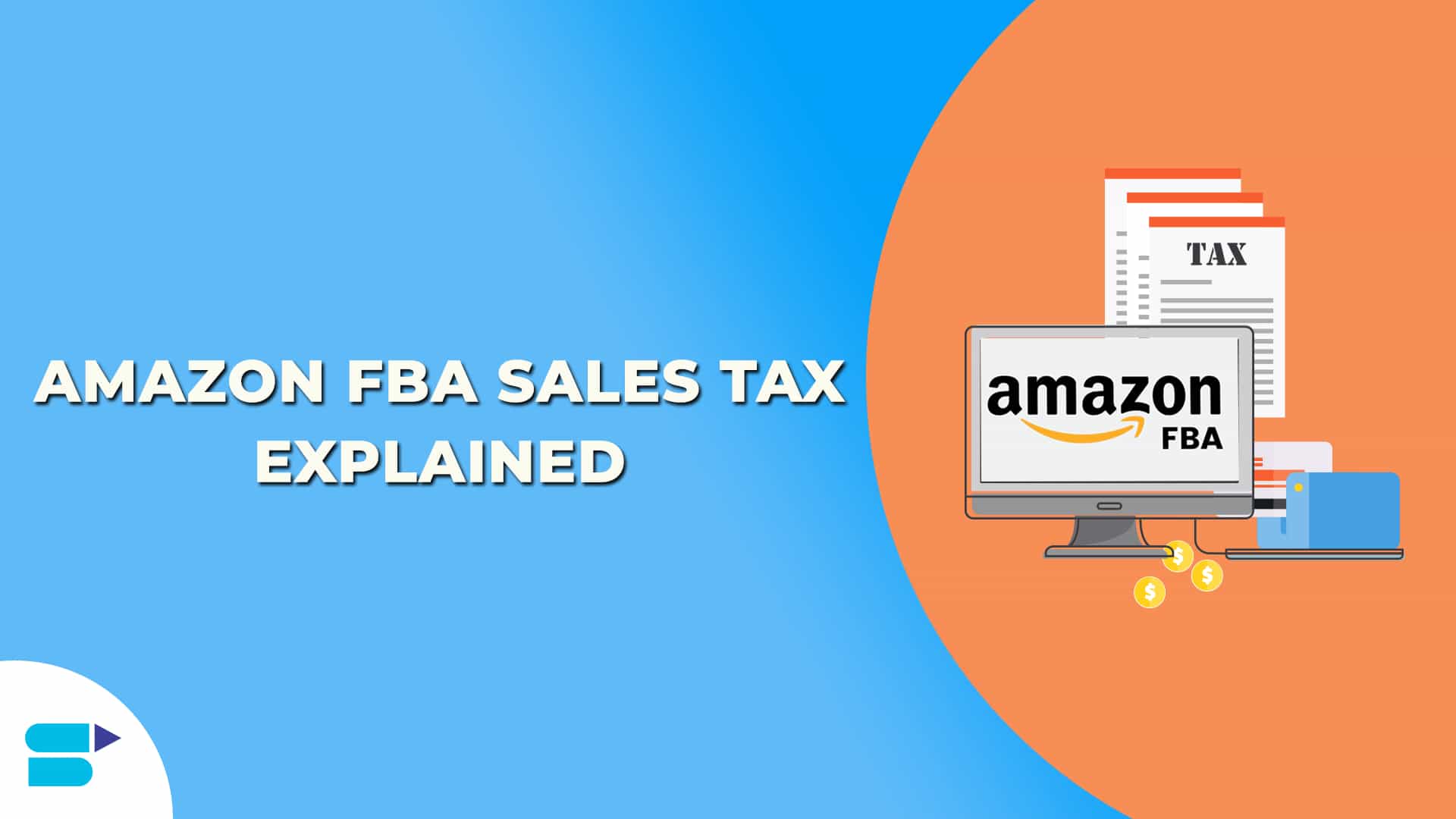
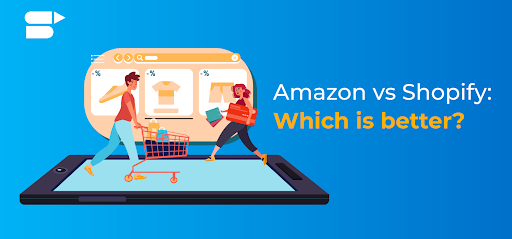
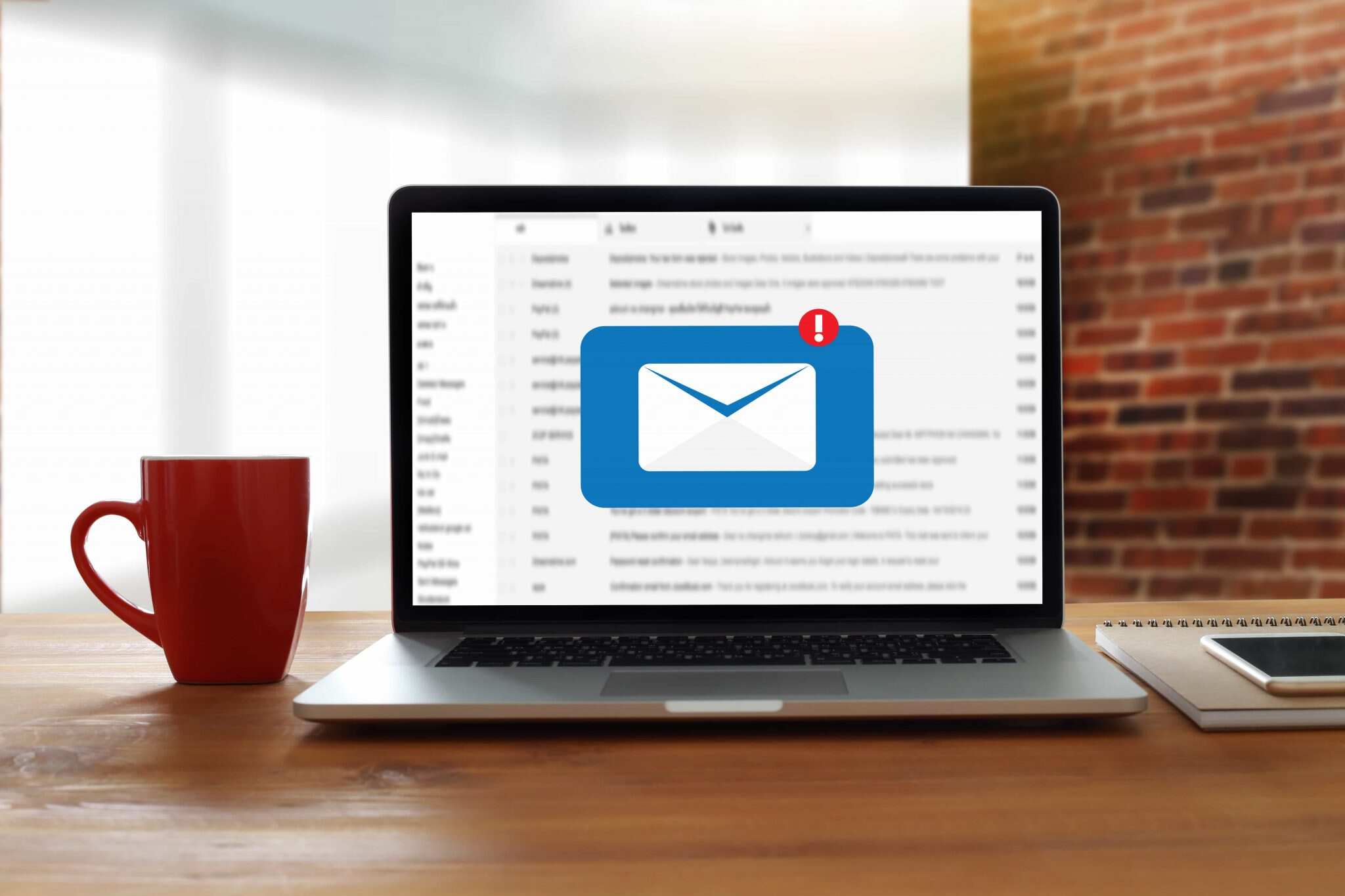
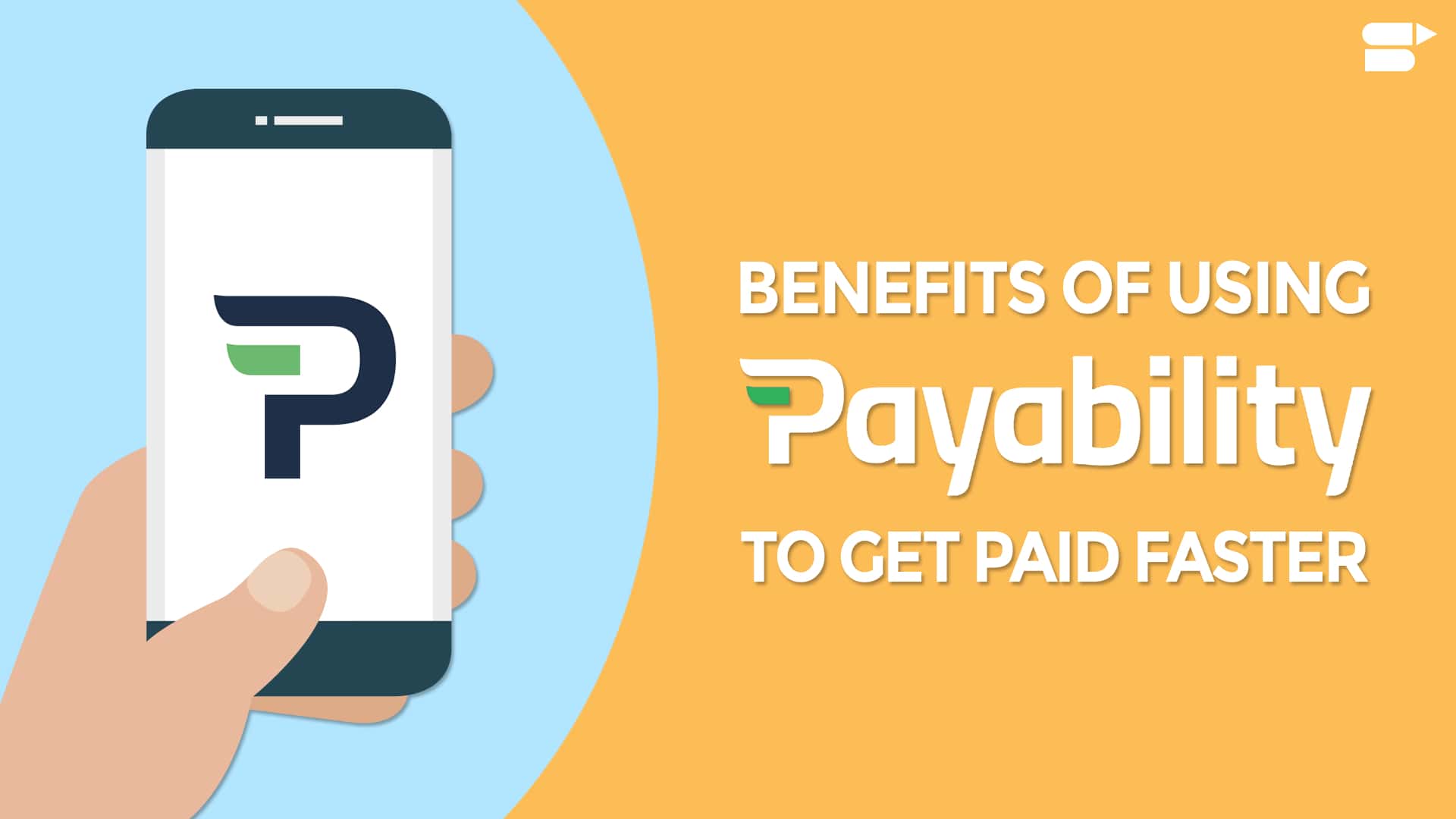
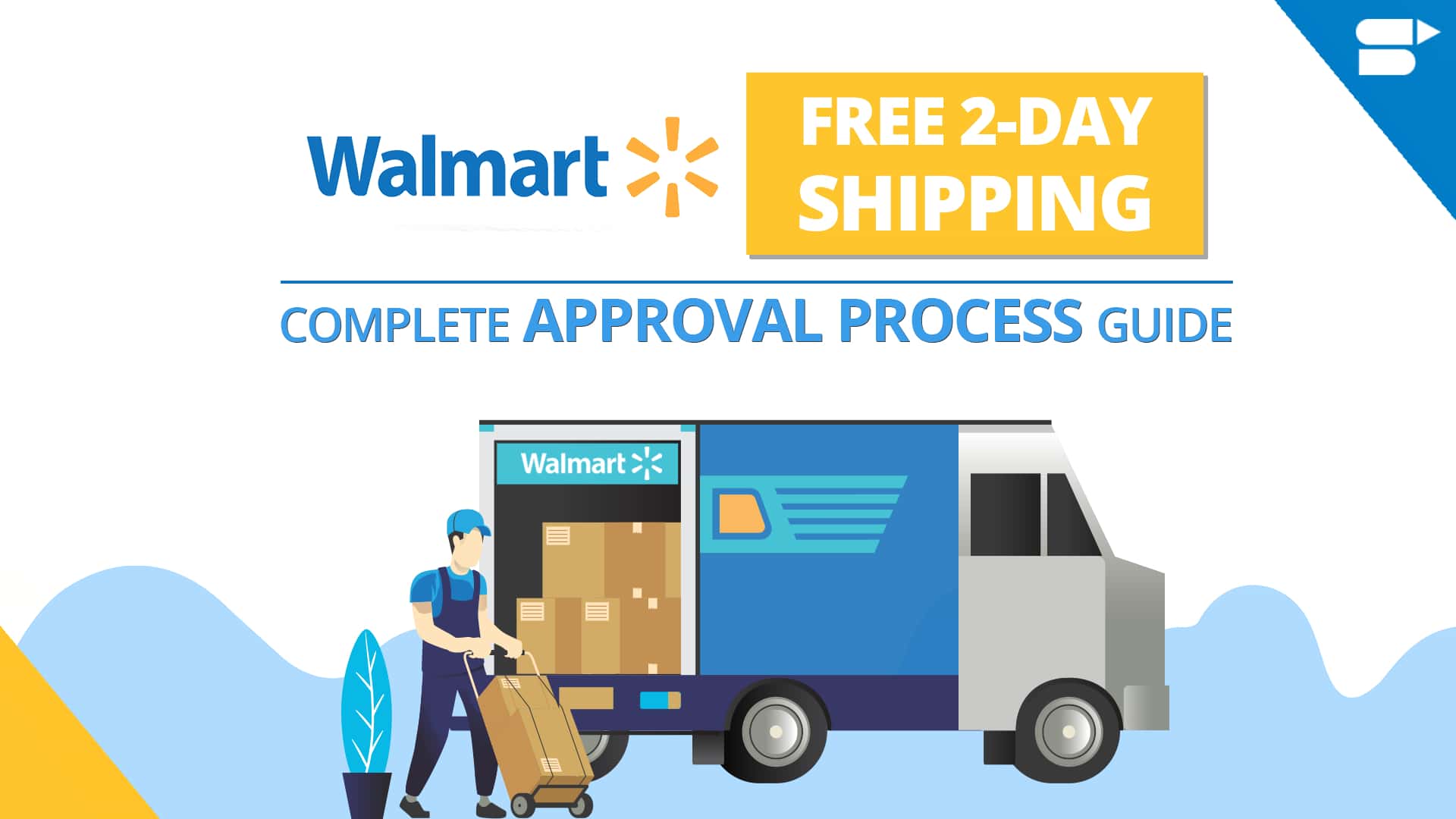
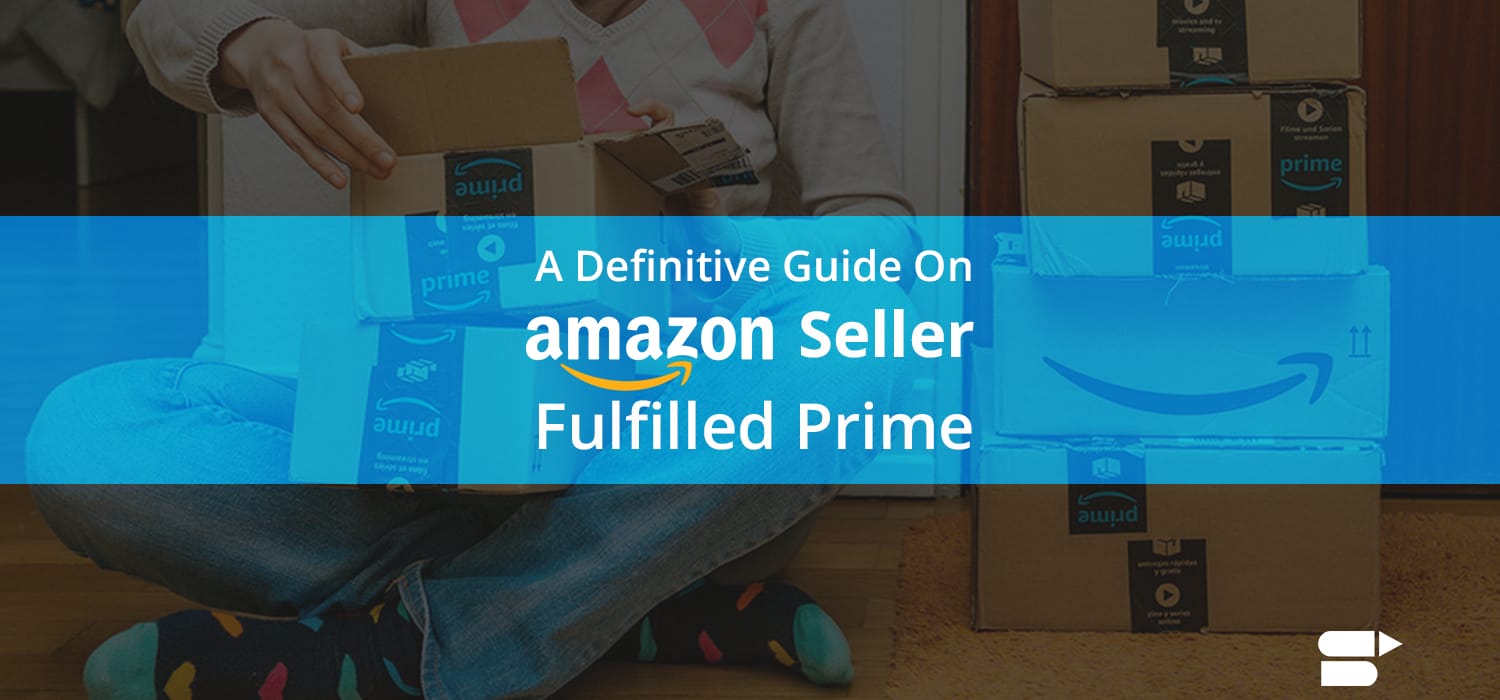



Kelly
March 15, 2019I want to to thank you for this very good read!!
I certainly loved every little bit of it. Greetings! Very
useful advice in this particular post! It’s the little changes that will
make the largest changes. Thanks for sharing!
Berry
March 27, 2019Brilliant, love your blogs and detailed content.
Arishekar N
June 15, 2021Thank you.
Jayme
April 1, 2019Your style is so unique compared to other seller blog. Keep it up!
Arishekar N
June 15, 2021Thank you.
Cloms
May 18, 2021Always learning something with the help of SellerApp
Thank you.
Arishekar N
June 15, 2021Glad to know
Lebnedurn
May 18, 2021Great article, very helpful.
Arishekar N
June 15, 2021Thank you.